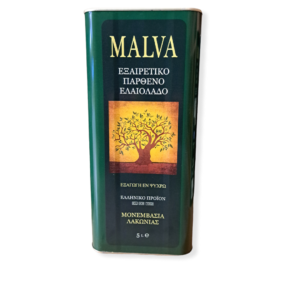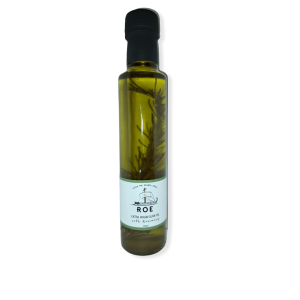Benefits of consuming Olive Oil
Olive oil, the juice of the olive, is the oil obtained from the fruits of the olive tree by mechanical means and by natural treatment. It is a completely natural product, which can be consumed as soon as the receiving process is completed.
It is 98% absorbed by the body while providing the same number of calories as all other vegetable oils which is 9.3 per gram. It is the main source of fat in the Mediterranean Diet. Like all fats of vegetable origin, it contains more polyunsaturated and monounsaturated fatty acids and is considered friendly for the body and health, while it does not contain any cholesterol. This composition is in contrast to animal fats which contain a large number of saturated fatty acids and cholesterol and can create problems for health and the body.
Olive oil occupies a particularly important place in the traditional diet of Mediterranean countries (Greece, Italy, Southern France, Spain, Tunisia, Morocco, etc.). Studies report a reduction in the risk of myocardial infarction, coronary heart disease mortality and total mortality in people who follow the Mediterranean diet and therefore consume olive oil.
Olive oil & cardiovascular disease
The exact effect of olive oil on the risk of developing or preventing coronary heart disease has not been fully elucidated. In some cohort studies, olive oil consumption has been associated with a reduced risk of myocardial infarction, but there are also studies that do not reach this conclusion. However, it is very important to mention that the consumption of olive oil is linked to:
Olive oil & anti-inflammatory action
The anti-inflammatory effect of olive oil on the body is attributed to the contained polyphenols. Scientists have proposed several different mechanisms that may explain the anti-inflammatory action of polyphenols. These mechanisms include
In people with heart disease, it has been shown that olive oil, thanks to its polyphenols, contributes to the reduction of C-reactive protein (CRP). [CRP is a widely used marker to assess the likelihood of inflammation]. It has also been reported that olive oil reduces the activity of the arachidonic acid cycle. The arachidonic cycle is thought to drive inflammatory processes in the body. These anti-inflammatory benefits of olive oil do not require consuming large amounts. Consuming 1-2 tablespoons of extra virgin olive oil appears to be associated with significant anti-inflammatory benefits.
Olive oil & possible effects on certain forms of cancer
There are studies that show a correlation between the intake of olive oil (or monounsaturated fatty acids contained in a large percentage in olive oil) and the prevention of certain types of cancer such as breast and colon.
Olive oil & protection of the digestive tract
Recent research provides information about olive oil, the polyphenols it contains, and the protection of the digestive tract. An interesting area of research is the search for the correlation of olive oil polyphenols with the population and activity of bacteria in the digestive system. It appears that olive oil’s numerous polyphenols slow down the growth of unwanted bacteria (such as bacteria responsible for digestive infections). These polyphenols include eleuropein, hydroxytyrosol, and tyrosol.
It has also been reported that some of these polyphenols—along with other olive oil polyphenols such as ligostride—are able to inhibit the growth of Helicobacter pylori (Helicobacter pylori). The effect of olive oil polyphenols can be particularly important, since the overpopulation of Helicobacter pylori combined with their excessive contact with the stomach lining can lead to stomach ulcers and other unwanted digestive problems.
Olive oil & cognitive function
Improved cognitive function, particularly among the elderly, is a hallmark of the Mediterranean Diet. The main lipid in this dietary model is olive oil, and this has piqued the interest of researchers dealing with nutrition and cognitive function.
In France, a recent large-scale study of older adults has shown that visual memory and fluency can be improved with what the researchers called “intensive use” of olive oil.
In this case, “intensive use” meant regular use of olive oil not just for cooking, or just as an ingredient in salads and sauces, but use in all of these situations. There are other related studies, but this topic requires further investigation.
Olive oil and bone health
The relationship of overall bone health and olive oil intake is another promising area of research. Most preliminary studies in this area have been conducted in laboratory animals.
It appears that better blood calcium levels are associated with olive oil intake. In addition, at least two olive oil polyphenols—tyrosol and hydroxytyrosol—have been linked to increased bone formation in rats. A team of researchers has suggested that olive oil may ultimately prove to have particular benefits for the bones of postmenopausal women, after finding improved blood markers and overall bone health in ovariectomized female rats fed olive oil.
Taken together, the above studies are encouraging. But more research and of course studies on humans are needed.
Article Source
Dimitra Xenakis, Chemist, (M.Sc., PHD Structural Food Chemistry)
https://www.onmed.gr













Add comment